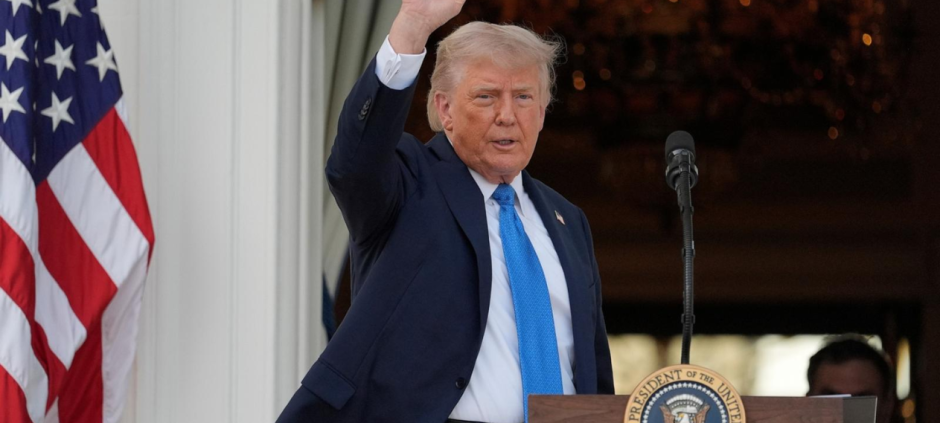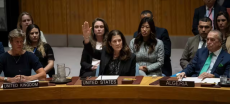U.S. President Donald Trump has signed a new proclamation restricting entry to nationals from 12 countries, citing national security threats, including terrorism and inadequate vetting systems. The ban, which takes effect on June 9, 2025, is a continuation of Trump’s hardline immigration agenda during his second term in office.
The countries facing a full travel ban include Afghanistan, Myanmar, Chad, Congo, Equatorial Guinea, Eritrea, Haiti, Iran, Libya, Somalia, Sudan, and Yemen. Meanwhile, partial restrictions will apply to travelers from Burundi, Cuba, Laos, Sierra Leone, Togo, Turkmenistan, and Venezuela. Trump warned the list could be revised based on emerging threats.
Also Read: Trump’s Tariffs Temporarily Revived After Court Setback
The proclamation follows a series of immigration measures under Trump, including the deportation of hundreds of Venezuelans suspected of gang involvement and tightened scrutiny of foreign students. Citing a recent gasoline bomb attack in Boulder, Colorado, Trump said the move aims to prevent similar threats, even though the suspect in that case was Egyptian—a country not on the ban list.
Some affected nations have begun responding diplomatically. Somalia offered to cooperate with the U.S. to address security concerns, while Venezuela condemned the move, calling it politically motivated. The decision has reignited debate over Trump’s controversial travel bans, including the 2017 version that was upheld by the Supreme Court but later repealed by President Biden.
Trump defended the ban, stating, “We cannot have open migration from any country where we cannot safely and reliably vet and screen those who seek to enter the United States.”











